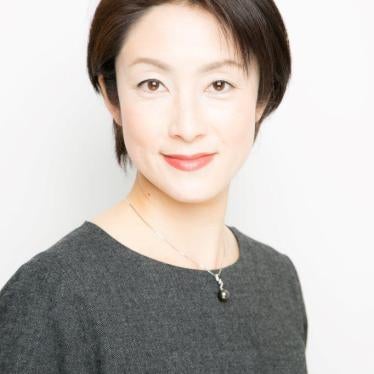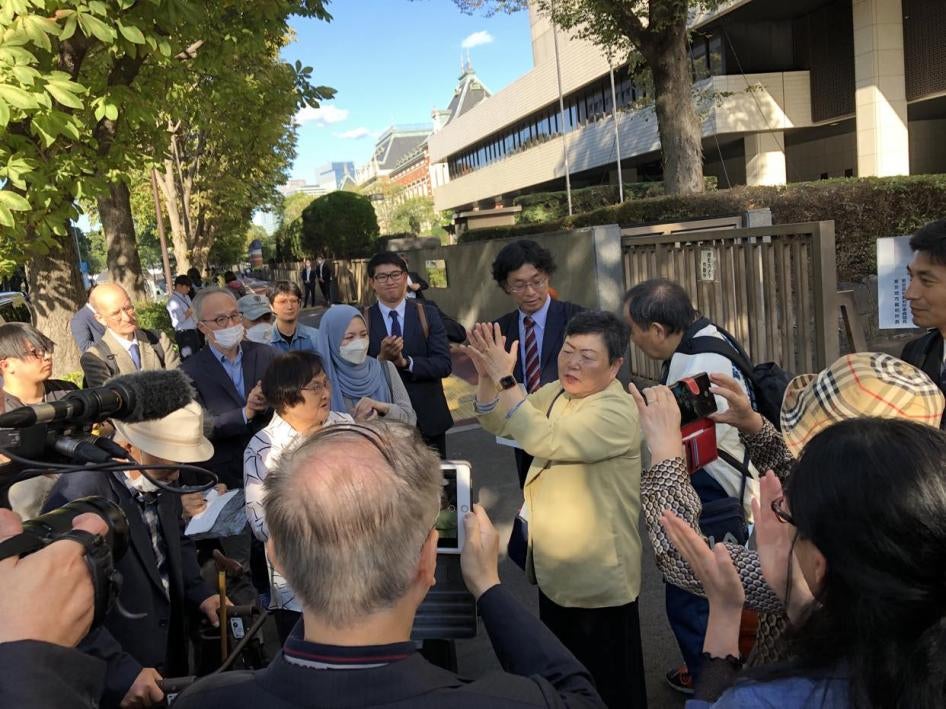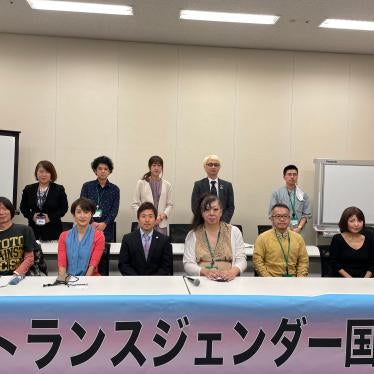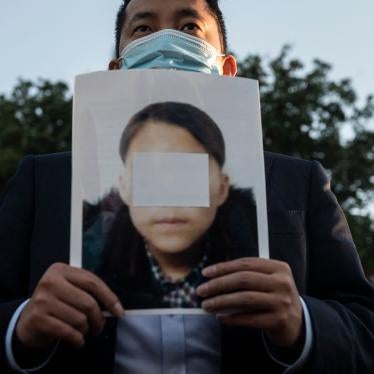In a landmark ruling on Monday, a Japanese high court found the North Korean government liable for human rights violations against Koreans and Japanese citizens it had enticed to relocate to North Korea through its “Paradise on Earth” campaign. The ruling comes a decade after 81-year-old Eiko Kawasaki and three others first sought justice for being misled into a life of absolute hardship through false promises.
Between 1959 and 1984, approximately 93,000 ethnic Koreans (Zainichi) and Japanese migrated from Japan to North Korea under the so-called “repatriation program.” The North Korean government, mostly through Chongryon, a pro-Pyongyang organization based in Japan, lured them to North Korea promising a “paradise on earth,” claiming that “anything needed for life including housing, food, clothes are fully guaranteed.” Eiko, a second-generation ethnic Korean was 17 when she boarded a ship to North Korea in 1960. Upon arrival at the Chongjin port, she quickly realized the promises were false, but the authorities prevented all program participants from returning to Japan. It was only in 2003 – 43 years after arriving – that Eiko finally escaped.
A Tokyo district court had initially denied the plaintiffs’ demand for remedy and justice because of a lack of jurisdiction over North Korea and the statute of limitations. On appeal, the high court ruled that the Japanese court did have jurisdiction and found that the North Korean government had violated the rights of the plaintiffs by forcing them to live in harsh and miserable conditions. The district court will now review the extent of damages that the North Korean government owes the plaintiffs.
This year marks the 10th anniversary of the United Nations Human Rights Council’s Commission of Inquiry on Human Rights in the Democratic People's Republic of Korea, which found that North Korean authorities had committed crimes against humanity. However, accountability for these crimes remains an uphill battle. This decision is an important victory for those who managed to escape North Korea’s human rights abuses.
Japanese Prime Minister Fumio Kishida should build upon this ruling by demanding that Pyongyang allow the hundreds of thousands of “Paradise on Earth” victims and their family members still languishing in North Korea to be allowed to return to Japan. Meanwhile, other governments should step up efforts to hold North Korean leaders accountable for their crimes against humanity.










